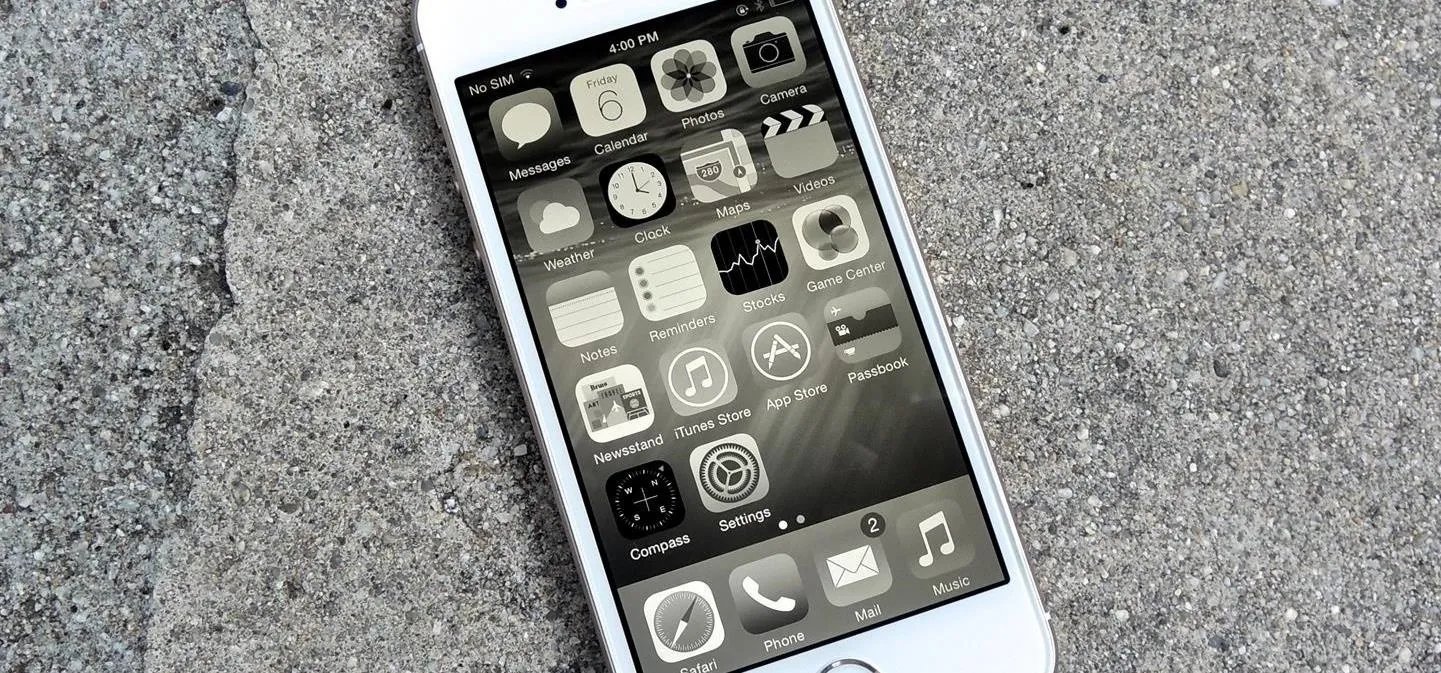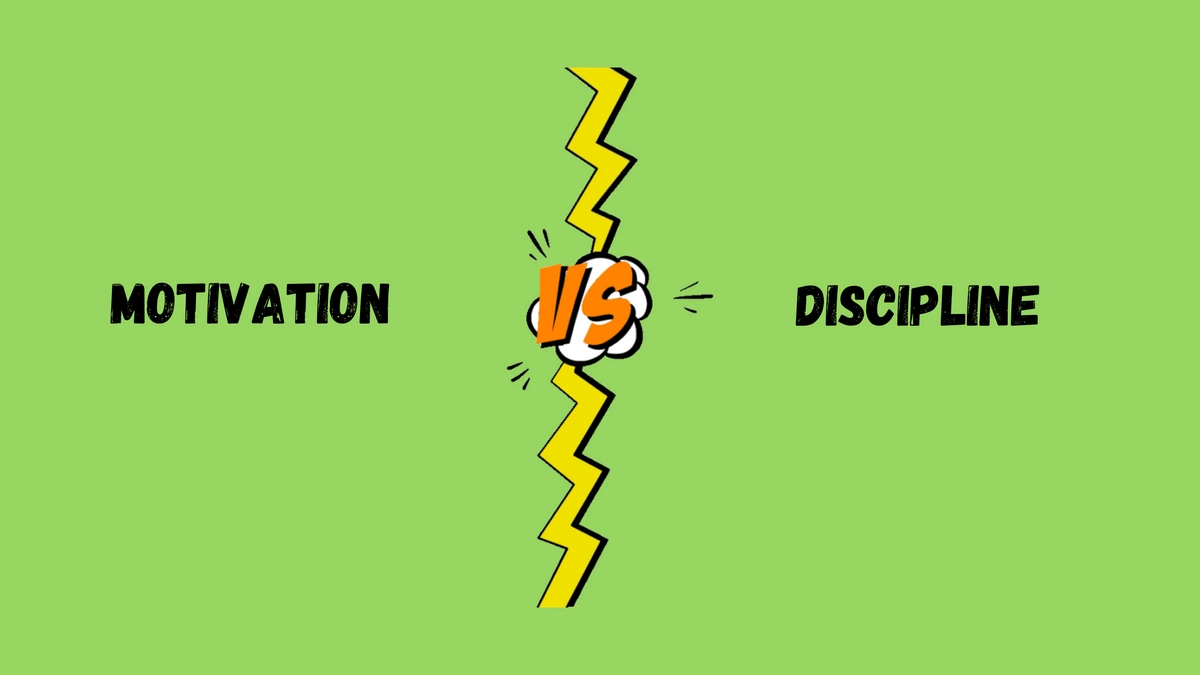Ever asked yourself "Why can't I work productively?" Everyone has those days when they can not seem to focus. Maybe it is the lack of sleep, the constant distractions, or the desire to finish work and get started with your weekend, but no matter the reason, struggling to focus at work affects us all. However, just because we have all struggled to stay focused does not mean we can’t stop the distractions and learn to focus better at work. Here are four ways to improve your mindset to increase your focus while working.
1. Start Sleeping and Resting More
Sleep is essential to focus. In a study, scientists who have measured “sleepiness have found that sleep deprivation leads to lower alertness and concentration. Since it is more difficult to focus and pay attention, you’re more easily confused.” Therefore, if you are not getting enough quality hours of sleep, you likely will find it harder to focus at work. So how do you fix this?
1. Find what is reducing your amount or quality of sleep. It can be anything from stress, poor sleeping schedule, or even exposure to blue light for too long, which reduces melatonin in your brain.
2. Address the issue. If you are stressed, try doing meditation, yoga, or calming breathing exercises before bed. If you find it hard to remember to go to bed, set a sleeping schedule and stick to it. For example, if you want to sleep at 10:00 pm, put your phone away at 9:00 pm and start getting ready for bed around 9:30 pm. Since your phone has blue light, which delays your sleep, try to stay off your phone and all electronics for at least an hour before bed. Increasing the quality and amount of sleep you get will improve your focus at work.If you find it hard to disconnect from social media at night, check out BeTimeful for help.
3. Remember, quality of sleep is essential too. Sleeping for 8 hours straight is different than sleeping 8 hours but waking up in the night with stress or the desire to check your phone. If you are waking up in the night due to stress, try different techniques like the ones suggested above to calm yourself before bed to get a night of better sleep. If you wake up at night wanting to check your phone, try to place your phone away from your bed or outside your bedroom if possifble. Moving your phone away from your bed will reduce your accessibility to your phone to prevent the urge to check your phone at night. By reducing the number of times you wake up at night, you will be better rested and more able to focus at work.
Also, when you work too long, you may experience Directed Attention Fatigue. Directed Attention Fatigue is when your brain becomes exhausted from concentrating for too long, so focusing becomes a challenge. To avoid Directed Attention Fatigue, make sure that you take breaks during work. During these breaks, try not to look at screens. Instead, you can try looking outside at nature, closing your eyes, doing yoga, or meditating. Taking breaks will allow you to avoid Directed Attention Fatigue and increase your focus at work.
If you find it hard to disconnect from social media’s addicting feed, check out Betimeful.
2. Stop Multitasking
Some studies have found that “multitasking divides our attention. It makes it harder for us to give our full attention to one thing. For example, some studies found that attempting to complete additional tasks during a driving simulation led to poorer driving performance.” So, whether going on social media and the internet while working or doing two different projects at once, avoid multitasking while working. Although it may seem like you are being more productive, the lack of full attention causes you to be less productive.
Multitasking also includes listening to music while working. Although it may not seem distracting, listening to music while working still takes away from your focus at work. If you have to listen to music while working, try to choose instrumental music to avoid the distraction of the lyrics. You can take on different strategies to work towards your goals and these are our top picks to stay focused without getting distracted.
If you are still having a hard time avoiding the distraction of social media while working, try downloading BeTimeful.
3. Become More Organized
When you can’t focus at work, sometimes disorganization is the culprit. When you have too many things to focus on, it can be challenging to figure out what should be your priority. Also, having too many projects and things to do can be overwhelming, making it hard to get started. Organizing your work and projects helps you figure out what to do first and what should be your priority. Organizing projects based on priority and their due dates can help you to reduce stress about deadlines. Also, being organized can help you focus on your tasks because you will not be overwhelmed or distracted by the stress of disorganization.
Some tools you can use to help you become organized are:
- Using an agenda: Using an agenda for due dates and planning your daily tasks will help you not miss deadlines and create an easy guide to follow for each day’s tasks.
- Planning ahead: Make sure you plan to start tasks early before their deadlines so that you finish them on time and do not have to stress about completing tasks before their deadlines.
4. Train Your Brain to Stop Looking for Distractions.
“Social media essentially trains our brains to look for a distraction after just a few minutes,” says Jonathan Vieker, a University Professor. So, the more you use social media, the more you will crave distractions while off social media. By reducing the amount that you use social media, you will increase your attention span and will be able to improve your focus.
To reduce your social media use, try decreasing your usage over time instead of stopping all at once. For example, if you go on social media ten times a day for 10 minutes each, try to reduce it to 9 times a day for 10 minutes and so on until you limit social media to your desired amount. Ultimately, you should limit your social media use to your free times, like after work and during your breaks.
Download BeTimeful if you need more help staying off your social media feed.
Conclusions
We are very busy people so having a scattered brain is normal! However, if your scattered thoughts impede your focus and productivity, then it is time to make a change. Using the techniques provided, you can improve your focus at work. However, sometimes we need more than helpful tips, which is why we created BeTimeful. BeTimeful is here to make it easier to disconnect from your feed while still allowing you to receive those important work messages.
So download BeTimeful today to help improve your focus at work!
Click here to learn more about why you can't focus at work.
Check out BeTimeful's other resources to help you balance social media with your life:
- Discover the best productivity tips
- Learn how to stay motivated
- Discover top productivity coaches
- Find top time management tools
- Discover ways to stay focused
- Learn about why you can't focus
- Discover why it may be time to quit social media
- Discover ways to quit social media
- Learn how to focus on studies without getting distracted
- How to remove Instagram Feed or how to remove YouTube shorts.
- How to double. your sales as a realtor in half the time? Checkout Top 5 Apps for Realtors to Drive Sales in 2023
Sources
Peri, Camille. “Sleepiness: Cognitive and Emotional Effects.” WebMD, 7 June 2021, https://www.webmd.com/sleep-disorders/features/emotions-cognitive.
“Why Multitasking Doesn't Work – Cleveland Clinic.” Cleveland Clinic Health Essentials, 10 March 2021, https://health.clevelandclinic.org/science-clear-multitasking-doesnt-work/.
Vieker, Jonathan. “The Pros and Cons of Quitting Social Media.” Jonathan Vieker, 8 February 2019, https://jonathanvieker.com/the-pros-and-cons-of-quitting-social-media/.







